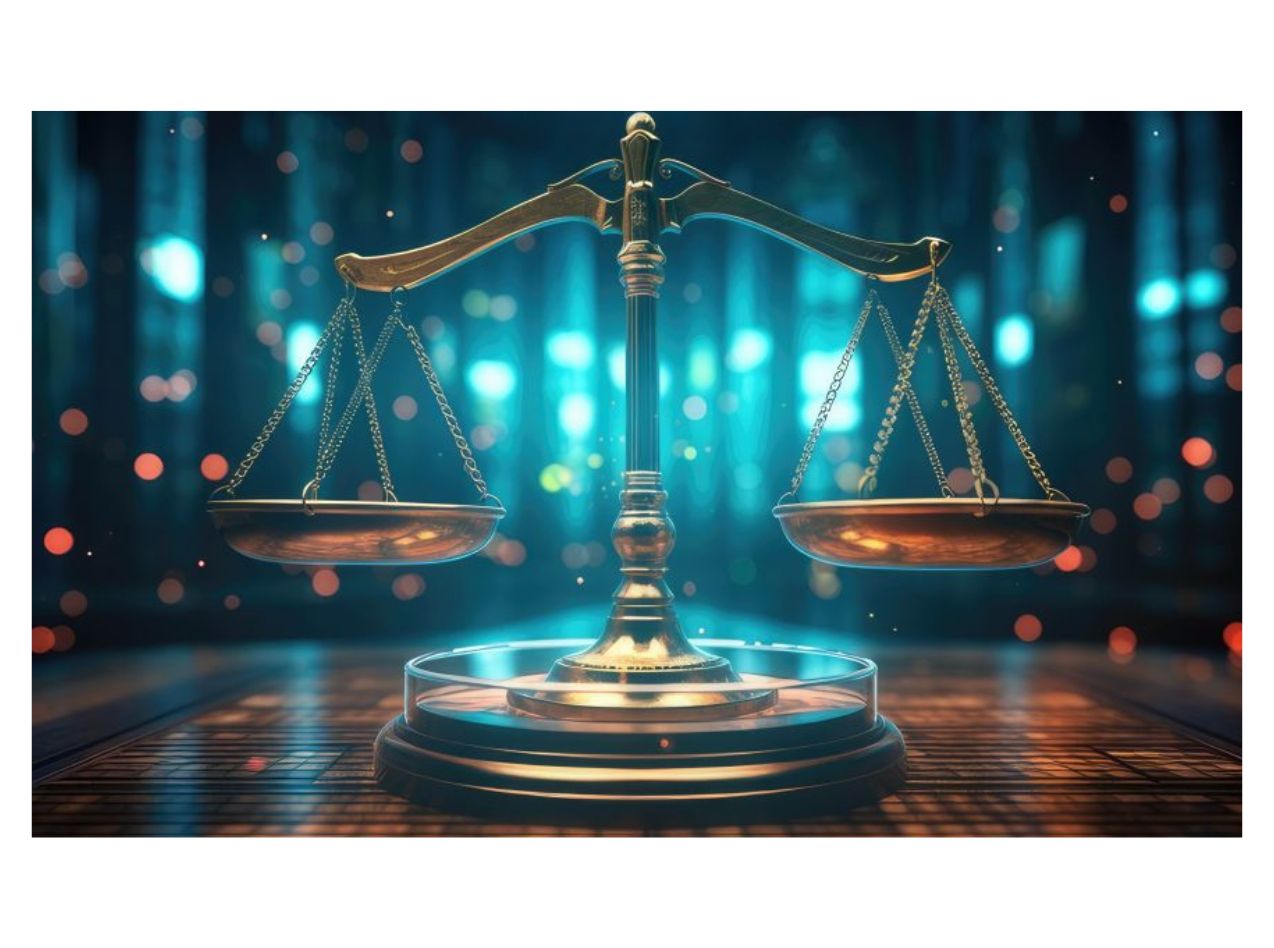Despite completing his sentence for perjury and violation of duty, a Santa Clara County judge has refused to return the electronic devices of former Santa Clara City Council Member Anthony Becker. The judge is also refusing to require the return of two cell phones belonging to Becker’s spouse, Abel Cardona, who was never convicted of or charged with a crime. The judge says Cardona can receive his devices back if he hands over the passwords to his phones and the District Attorney’s office finds no evidence on those phones.
On Oct. 22, Becker’s attorney, Deputy Public Defender Chris Montoya, asked Judge Javier Alcala to order the return of more than 30 items seized during the investigation into Becker. The items included laptops, cell phones and other property. Montoya argued that none of the items were “physically” presented in court as evidence during the trial. The only evidence used was data extracted from the devices. He said the extracted evidence is now on drives in the District Attorney’s office, and so the devices should be returned.
Deputy District Attorney Jason Malinsky disagreed. He told the court his office extracted evidence from some of the devices and was unable to access others. He said the office was still attempting to access some evidence, and since Becker plans to appeal, the DA’s office should be allowed to keep the devices until all avenues of appeal have been exhausted.
SPONSORED
SPONSORED
Malinsky went further to say that because technology is constantly improving, new evidence could be uncovered. If an appeal was successful, the DA’s office might have new evidence in a new trial.
In regard to Cardona’s devices, Malinsky said Cardona invoked spousal privilege when the DA’s office tried to get him to testify in front of a grand jury in 2022. He told the judge that situations change, and if there were a new trial, Becker and Cardona might be “separated” or “divorced” by then, so Cardona’s devices might be relevant. It was an argument Judge Alcala allowed.
Yet, during the hearing, Malinsky admitted that the lab never attempted to process at least one of Cardona’s devices, a cell phone.
Trying to find a middle ground, Judge Alcala suggested that Cardona hand over passwords to his devices so the District Attorney’s office could have full access, and if the DA’s office did not find any evidence on the phones, it would then return the devices to Cardona.
Again, Cardona has never been arrested or charged with a crime.
A similar offer was made for Becker’s devices. Becker was told that if he hands over the passwords to all of his devices and if the DA’s office finds no evidence, then the devices would be returned.
Montoya argued that the DA’s office had the items for nearly three years. What’s more, the DA’s office stated it was “ready for trial,” which is why the case moved forward. Since then, Becker has been tried and found guilty of perjury and violation of duty. Becker has completed 40 hours of work service and 40 hours of community service, completing his sentence.
Montoya argued that the DA’s office has had time to search the devices. He asked the judge to offer reasons for keeping the devices longer and for how long each device would be kept. While Judge Alcala did not offer a blanket ruling, he did indicate that he was leaning toward siding with the District Attorney’s office in the sense that new evidence could come forward with the advancement of technology and so until all appeal options are exhausted, the DA’s office could keep the devices unless Becker was willing to offer the passcodes.
The only exception to the list of items that could be released seemed to be documents taken from Becker’s house that could be copied. There was also a Dell laptop that apparently belonged to Becker’s mother. During the hearing, Malinsky stated that the laptop was “outside the scope of the search warrant,” though he offered no explanation for why the DA’s office kept the device for three years.
Becker told the court that the inability to access his devices has made it difficult for him to get gainful employment in his previous field, film, because the devices contained examples of past work. He said there are also personal documents, such as taxes and past lease agreements, on the devices, all of which are inaccessible.
Malinsky would not commit to allowing Becker to access his documents, saying he would need to confirm with an investigator, but he did say it seemed “reasonable” to put some files on a USB device for Becker if he could identify specific ones.
Malinsky is expected to provide the defense with a list of devices that are password-protected and inaccessible to the DA’s office so that Becker can decide if he wants to provide passwords.
The parties are expected to return to court on March 6, 2026.
SPONSORED




